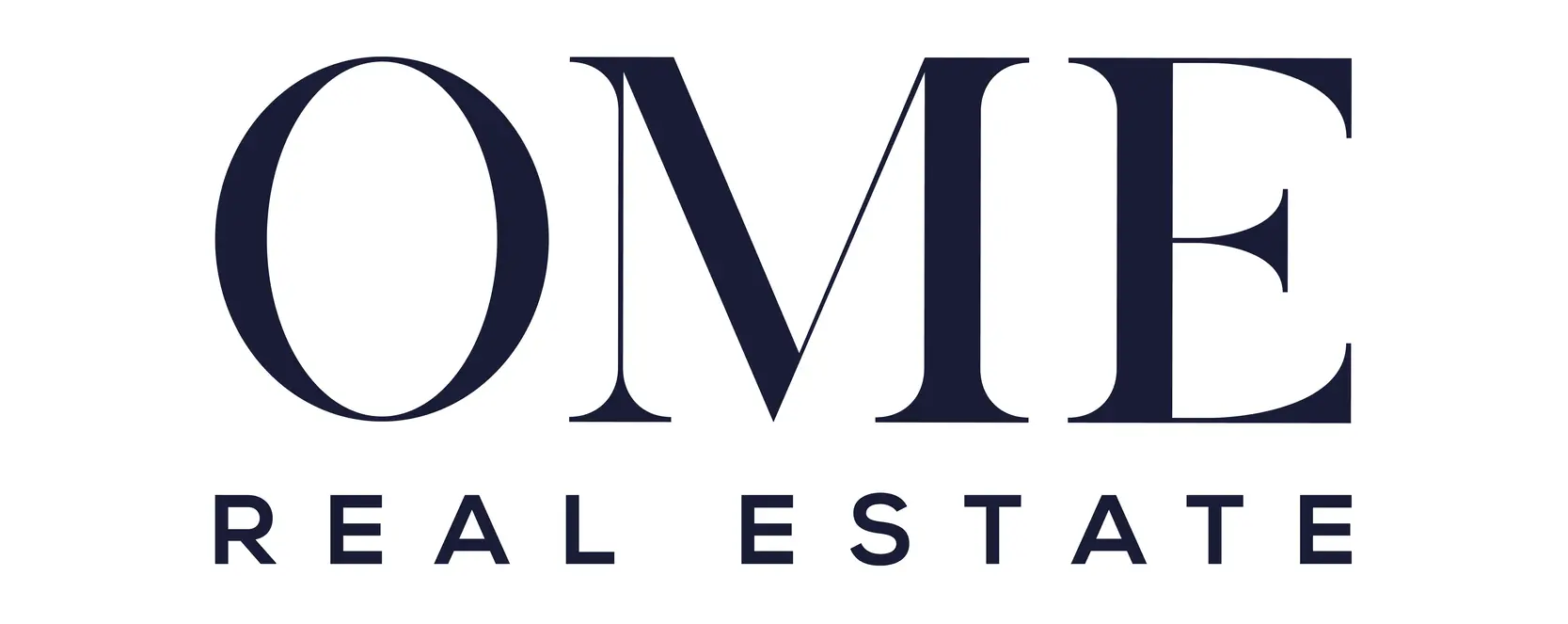Introduction
Are you considering buying a home in Dubai? You’re not alone! Many expats and residents are diving into the property market. Understanding the mortgage process is crucial for making informed decisions. A clear grasp of home loans can help you navigate this exciting journey.
Summary and Overview
Dubai’s mortgage landscape is diverse, catering to both locals and expatriates. You can find various loan options, including fixed-rate and variable-rate mortgages. These mortgages play a vital role in easing property purchases for many buyers. The property market in Dubai continues to flourish, with significant growth observed in recent years.
In fact, the market has seen a surge in transactions, with statistics indicating a steady rise in property values. To secure a home loan, potential buyers must meet specific eligibility criteria and provide necessary documentation. Common requirements include proof of income and residency status. Understanding these aspects can help streamline your mortgage application process, making it a more manageable experience.
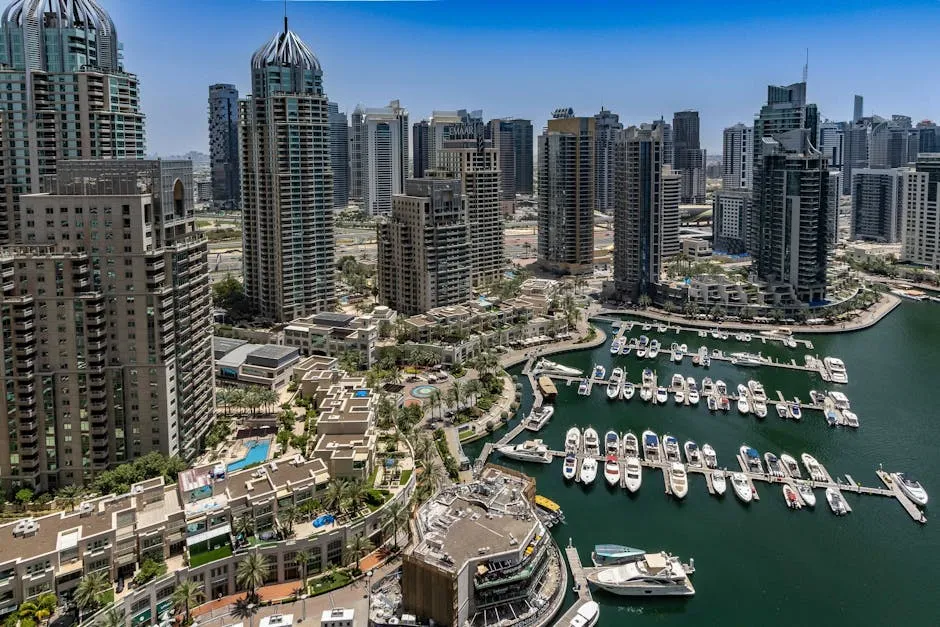
Understanding Different Types of Mortgages in Dubai
Fixed-Rate Mortgages
Fixed-rate mortgages offer predictable monthly payments. You lock in your interest rate for a set period, usually between one to five years. This stability helps with budgeting but can be higher than variable rates.
Variable-Rate Mortgages
Variable-rate mortgages come with fluctuating interest rates. These can change based on market conditions. While they may start lower than fixed rates, they can increase, affecting your monthly payments.
Islamic Mortgages
Islamic mortgages are Sharia-compliant options. These loans avoid interest, as lenders buy the property and sell it to you at a profit. Payments are made over time, making it an attractive choice for many.
Buy-to-Let Mortgages
Buy-to-let mortgages are tailored for investors looking to rent out properties. They typically come with higher interest rates, as lenders assess the potential rental income when determining loan amounts.
Off-Plan Mortgages
Off-plan mortgages are unique to purchasing properties under construction. They often require lower initial deposits, with payments structured according to the construction timeline. This option is popular among investors seeking new developments.

By understanding these mortgage types, you can choose the right one for your financial situation and goals. Feel free to reach out to us at Ome Real Estate for personalized assistance in navigating your home loan journey in Dubai.
Eligibility Criteria for Home Loans
General Requirements
To qualify for a home loan in Dubai, you must meet some basic criteria. First, you need to be between 21 and 65 years old. Residency is essential; you must be a UAE national or a resident. Most banks require a minimum monthly income of AED 15,000 for salaried individuals and AED 25,000 for those self-employed. However, this can vary by bank, with some offering loans to UAE nationals with incomes as low as AED 10,000. It’s important to maintain a clean credit history to boost your chances of approval.
Specifics for Expats
Expats looking for mortgages in Dubai face additional requirements. Aside from the standard eligibility criteria, banks often require that expatriates have been employed for a minimum period, typically around six months to one year in their current job. Additionally, proof of a stable income and a strong credit score is crucial. Some banks may also seek a minimum income threshold that aligns with their lending policies.
Non-Residents
Non-residents can obtain mortgages, but options are limited. Generally, non-residents must provide a larger down payment—often around 25% for properties valued under AED 5 million and 30% for those valued higher. They also face stricter income requirements, with some banks necessitating a minimum income of AED 15,000. It’s essential to check with individual banks, as terms can vary significantly.

Required Documentation for Mortgage Application
For UAE Residents
If you are a UAE resident applying for a mortgage, you will need several documents. Start with a copy of your passport and visa, along with your Emirates ID. A salary certificate from your employer is essential for proof of income. Additionally, banks typically request recent bank statements, usually for the last six months, and pay slips to verify your earnings. You may also need to provide proof of residence, which can be a tenancy contract or a utility bill.
For Non-Residents
Non-residents applying for a mortgage will have slightly different documentation requirements. You’ll need a valid passport and bank statements covering the last three months to demonstrate financial stability. If you are self-employed, additional documents like tax returns and business licenses may be requested. It’s crucial to prepare all necessary paperwork carefully to avoid any delays in your mortgage application process.

The Mortgage Application Process: Step-by-Step
Step 1: Prepare Your Documents
Getting a home loan in Dubai starts with gathering your documents. You’ll need your passport, residency visa, and Emirates ID. A salary certificate is essential for proving your income. Recent bank statements and pay slips will also help. Having all your paperwork ready makes the process smoother and faster.
Step 2: Research and Find a Lender
Not all banks offer the same mortgage products. Take time to compare different lenders and their offerings. Look for interest rates, loan terms, and fees. Check customer reviews to gauge their service quality. Consulting a mortgage broker can also help you find the best deal.
Step 3: Get Pre-Approval
Before house hunting, get pre-approved for a mortgage. This letter shows how much you can borrow. It gives you a budget to stick to when looking for properties. Plus, it signals to sellers that you are a serious buyer. This process usually takes just a few days.
Step 4: Find Your Property
With your pre-approval in hand, start searching for your dream home. Align your property choices with your budget and pre-approval amount. Consider factors like location, amenities, and future value. It’s wise to work with a real estate agent who understands the Dubai market.
Step 5: Finalize the Mortgage
Once you choose a property, contact your lender to finalize the mortgage. They’ll conduct a valuation of the property to confirm its worth. After that, you’ll sign the mortgage agreement and pay the deposit. The bank will release the loan amount to the seller, making you the proud owner of your new home!
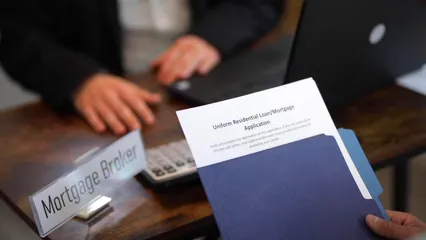
For personalized assistance and to make the process easier, feel free to reach out to us at Ome Real Estate. We’re here to help you every step of the way!
Understanding Mortgage Costs and Fees
Down Payment Requirements
In Dubai, the down payment for a home varies by residency. UAE nationals usually pay around 20% of the property’s value. For expatriates, the typical down payment is around 25%. If you’re purchasing property over AED 5 million, expect higher percentages. It’s essential to budget for this upfront cost.
Other Associated Costs
Besides the down payment, be prepared for additional fees. These include processing fees, which typically range from 1% to 2% of the loan amount. Valuation fees can cost between AED 2,500 and AED 5,000. Don’t forget about registration costs, usually around 4% of the purchase price. Understanding these costs upfront will help you avoid surprises.

Hidden Costs
While you may anticipate the obvious costs, hidden fees can sneak up on you. Always check for charges related to mortgage insurance, maintenance, or property management. Some lenders also impose late payment fees. Being aware of these potential expenses can save you money in the long run.
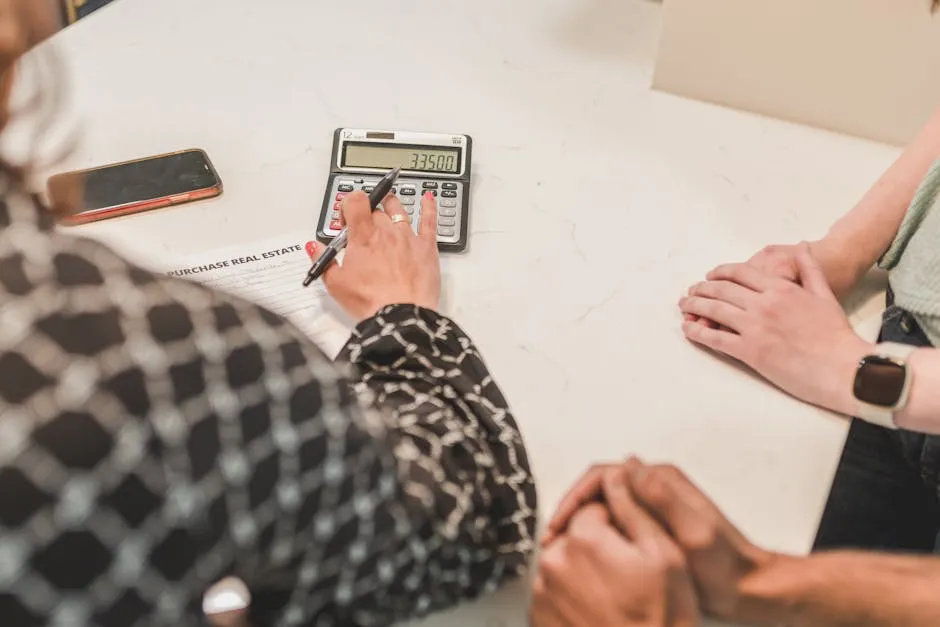
Understanding the hidden costs when buying property in Dubai is crucial to avoid unexpected financial burdens.
Understanding these costs and fees is crucial for a successful mortgage experience. If you have any questions or need help navigating the mortgage landscape in Dubai, reach out to us at Ome Real Estate. We’re here to guide you through the entire process!
Tips for First-Time Homebuyers in Dubai
Buying your first home in Dubai can feel overwhelming. However, with the right strategies, you can navigate the mortgage process smoothly. Start by understanding your financial situation. Create a budget that includes all costs, not just the mortgage payment. This will help you avoid surprises later.

Common pitfalls often include not shopping around for the best mortgage rates. Every bank offers different terms, so comparing options is crucial. Additionally, ensure you have all necessary documents ready. Missing paperwork can delay your application and increase stress.
Financial planning is essential. Consider your long-term goals. Will this home be an investment? Or are you looking to settle down? Knowing your intentions can guide your decision-making. Remember, owning a home is a long-term commitment, so take your time to make informed choices.
For personalized guidance, reach out to us at Ome Real Estate. We specialize in helping first-time buyers like you find the right property and financing options in Dubai.
Conclusion
Securing a home loan in Dubai can be a rewarding experience. By understanding the mortgage process, you’ll feel more confident in your decisions. Remember to conduct thorough research before applying for a mortgage. This knowledge can save you from potential pitfalls and lead to better financial outcomes.
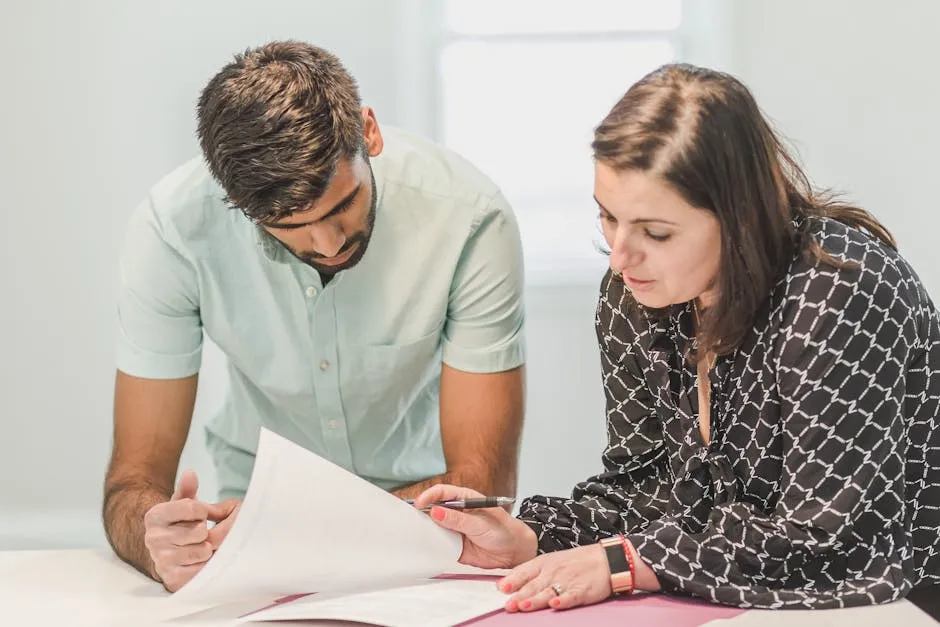
Homeownership in Dubai offers long-term benefits, such as property value appreciation and stability. Consider consulting with financial advisors or mortgage specialists for tailored advice. Their insights can help you navigate the complexities of financing your dream home in this vibrant city. Reach out to us today at Ome Real Estate to start your journey!
FAQs About Getting a Home Loan in Dubai
Can expats get a mortgage in Dubai?
Yes, expats can secure a mortgage in Dubai. Eligibility depends on factors like income and employment stability. Most banks require a minimum monthly salary of AED 15,000 for salaried individuals. For self-employed expats, the threshold is usually higher. A clean credit history is also crucial for approval.
What is the minimum deposit required for a home loan?
The minimum deposit varies by residency status. UAE nationals typically need a down payment of 20% of the property’s value. For expatriates, the deposit generally increases to 25%. If the property is valued above AED 5 million, expect to pay a higher percentage.
How long does the mortgage approval process take?
The mortgage approval process can take around two weeks. This includes the time needed for pre-approval and final processing. However, some banks offer quicker options, like instant pre-approval, which can speed up your home-buying process.
Can I get a mortgage as a non-resident?
Yes, non-residents can obtain mortgages in Dubai, but options are limited. Typically, non-residents must provide a larger down payment—usually around 25% for properties valued under AED 5 million. Stricter income requirements may also apply.
What types of properties can I purchase with a mortgage?
In Dubai, you can use a mortgage to purchase various property types. This includes apartments, villas, and townhouses. Some banks may have restrictions, particularly for off-plan properties, so it’s essential to check with your lender.
Please let us know what you think about our content by leaving a comment down below!
Thank you for reading till here 🙂
All images from Pexels
